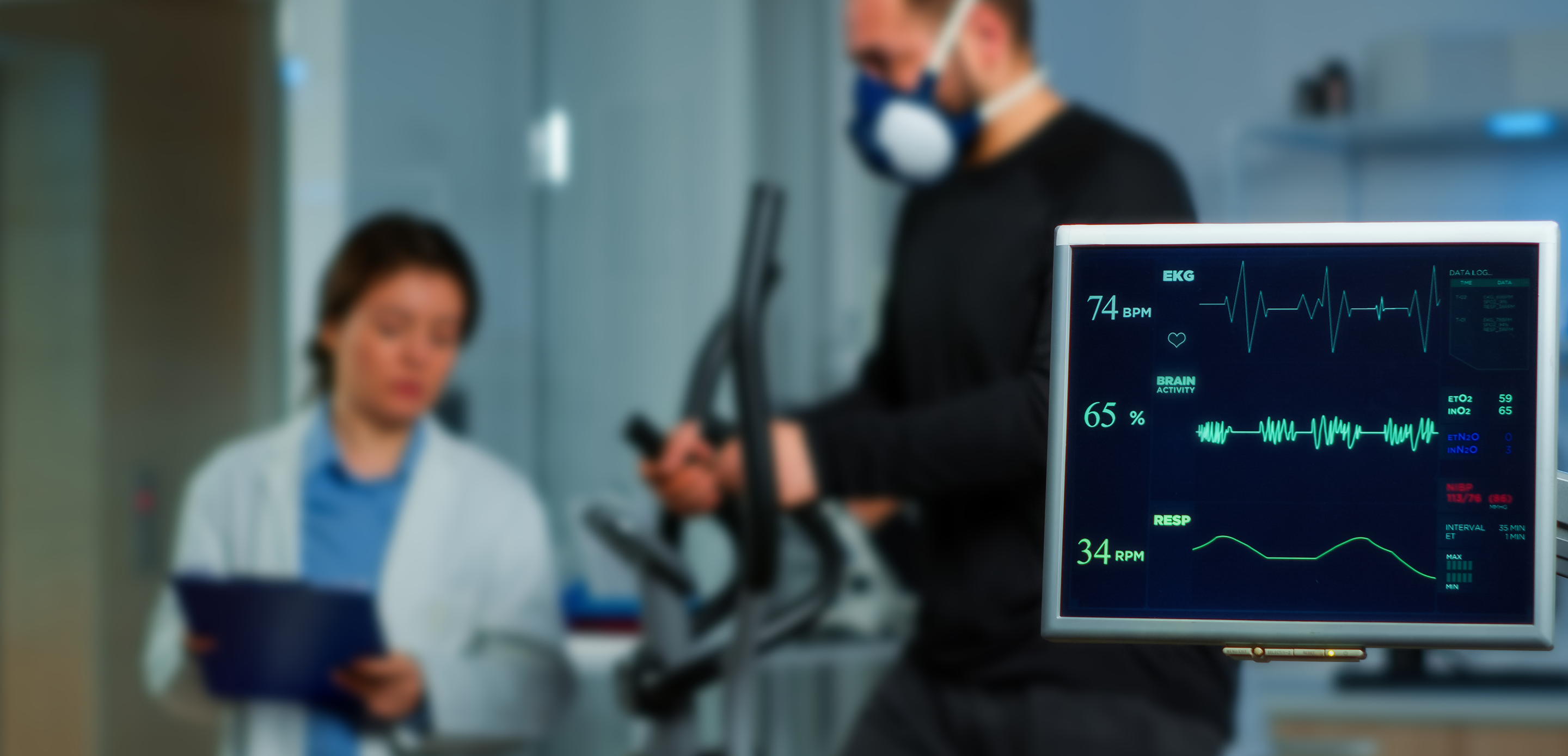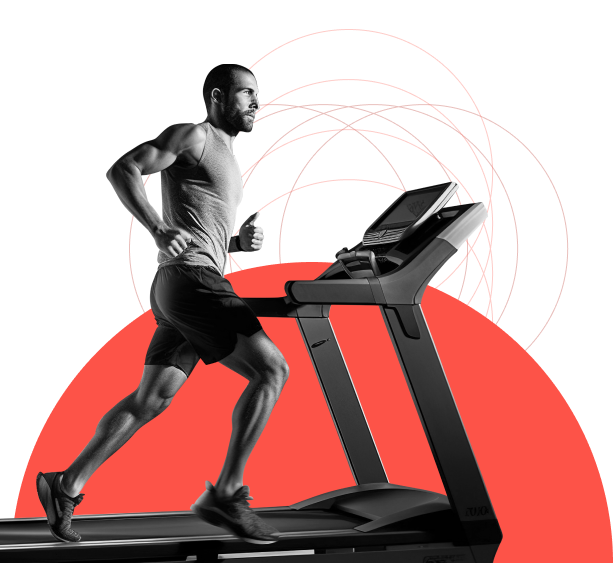


Making sure your heart is functioning optimally even under stress
Artemis Cardiac Centre brings together a dedicated team of Heart specialists who hold expertise in the diagnosis, treatment and management of a wide range of heart diseases and disorders using advanced modalities like Treadmill Test or Stress Test. Our team is committed to providing the finest care for you and your loved ones while following a personalized approach based on thorough assessment and evaluation
Our team strictly adheres to personalized treatment plans because we believe that every individual has unique medical requirements. Throughout your journey from treatment to recovery, we ensure your medical needs are being catered to with a robust approach.
ENQUIRE NOW.png)

The Treadmill Test (TMT), or stress test is a diagnostic procedure used to assess the functioning of the heart during physical stress. It is usually carried out to evaluate whether coronary artery disease (CAD) is present and how severe it is. During the TMT test, the patient walks or runs on a treadmill while being closely monitored by healthcare professionals.
The main objective of TMT is to induce controlled stress on the heart by gradually increasing the speed of the treadmill. In this process, if the patient experiences any symptoms such as chest pain, irregular heart rhythms, ECG changes, or shortness of breath, the process is stopped immediately. These signs can indicate potential blockages or insufficient blood flow to the heart.
TMT is commonly used as a screening test to assess the presence of coronary artery disease. It can help identify abnormalities in the heart's blood supply and detect any potential blockages. TMT is also used to evaluate exercise tolerance and cardiovascular fitness. It measures the heart's response to physical activity and can help determine an individual's exercise capacity.
Doctors may also recommend a TMT/Stress test to monitor and evaluate heart rhythm abnormalities, such as arrhythmias, during exercise as it helps to point out any abnormal changes in the heart's electrical activity.
TMT/Stress Test is broadly classified and based on the technique that is used:
ENQUIRE NOWIt is the most basic test in which your heart activity will be monitored while you are walking on a treadmill or riding a stationary bike
It is similar to an exercise stress test, however, in this case, doctors take an echocardiogram for detailed assessment
In this case, doctors use a radioactive material for generating detailed imaging scans of the heart
We have restored hundreds of patients' lives with timely angioplasty at Artemis Cardiac Care Bikaner. Whether it's an emergency heart attack or a planned procedure, our cardiology team has achieved consistent, high-success rates.
Our individualized care, state-of-the-art facilities, and post-procedure care are valued by our patients. We're honored to be Bikaner go-to heart care partner, providing both clinical expertise and humane healing.




Distinguished Cardiac Care Expertise
Eminent Cardiac Care Integrated with Advanced Technology
Transformed Lives with Trust and Care .
You may be recommended to go for angioplasty if you are experiencing any of the following symptoms linked to coronary artery disease, which are not responding to medication and lifestyle modifications:

If you are experiencing chest pain

If you are finding it difficult to breathe.

If your blood pressure is on the lower side

If your heart rhythm is not normal

If you feel lightheaded or dizzy

If you have unusual weakness

Thumping sensation in your chest

If you feel anxious very often
Various Benefit of TMT/Stress Test are:
Important things that are to be kept in mind while preparing for a TMT/Stress Test include:
TMT/Stress test may not be suitable for everyone. You should not go for it if
There are also several contradictions that can prevent one from going for a stress test. These include:
If your test result is normal it means that your heart is functioning optimally and pumping enough blood. The results depend on why the test was being done.
If your test result is abnormal, it points toward the prevalence of heart disease. Based on the results, your doctor will recommend further tests, medication, lifestyle modification and other treatment modalities to manage the problem effectively.
TMT/Stress Test is generally a safe procedure for those who do not present with any contradictions. Just like any other medical procedure there are some risks of complications but these are very rare. During the procedure, an emergency team of doctors and specialists is there to ensure that there is no such problem. If you have been recommended to go for the procedure it is because it is safe for you.
A TMT/Stress Test takes about an hour to 90 minutes depending on how well its going.
From Recent Advancements in Heart Care to Tips and Tricks to make your Heart Healthy Again, stay updated with reliable and informative blogs by our experts.
View All Blogs

